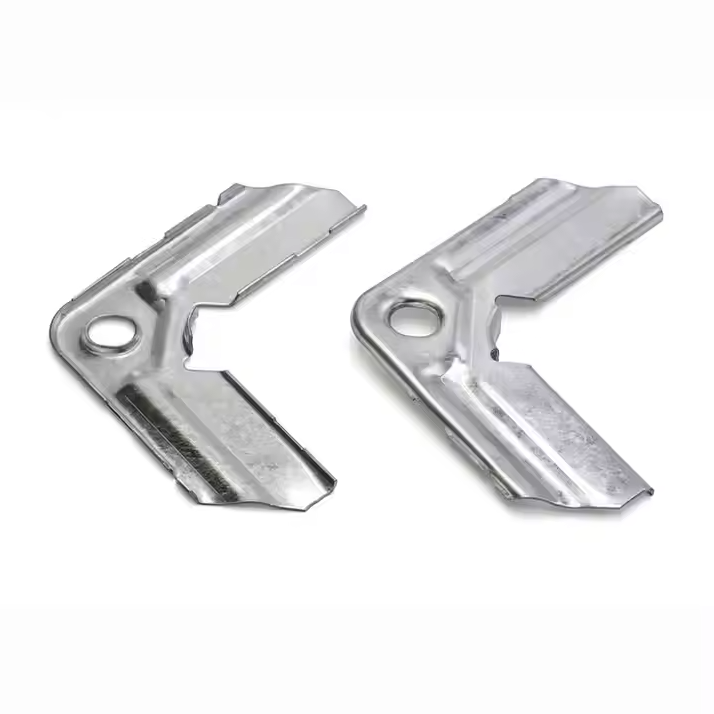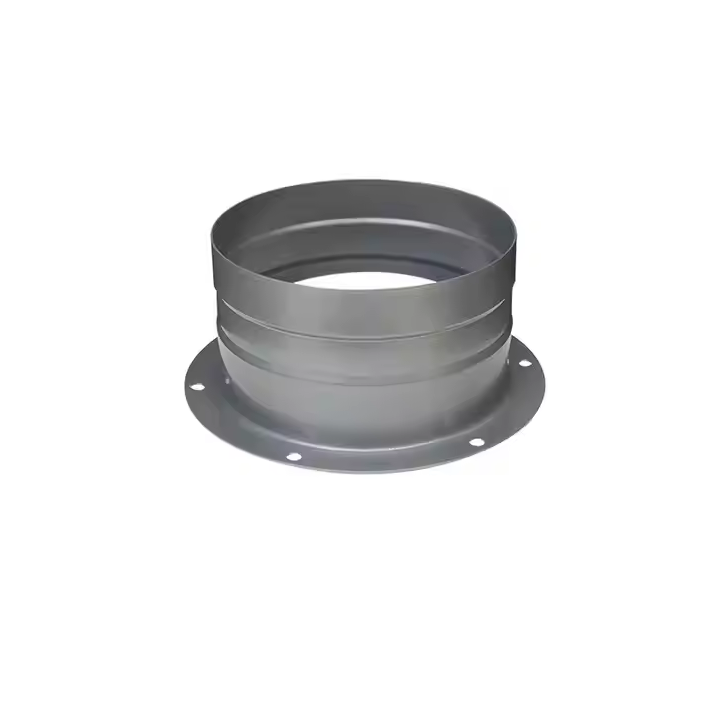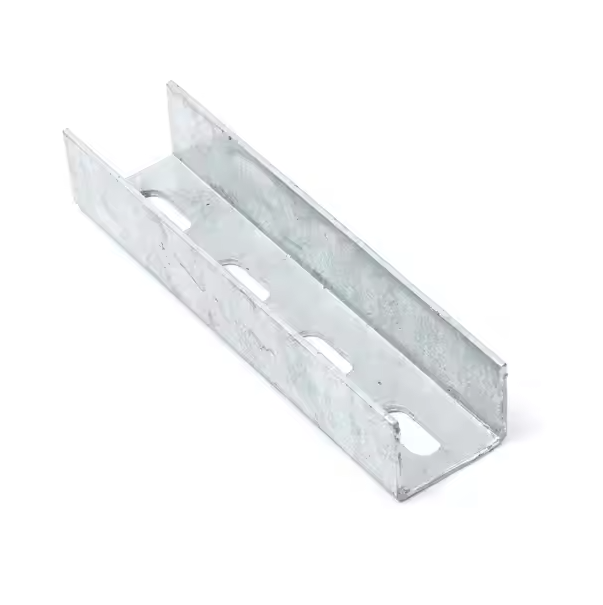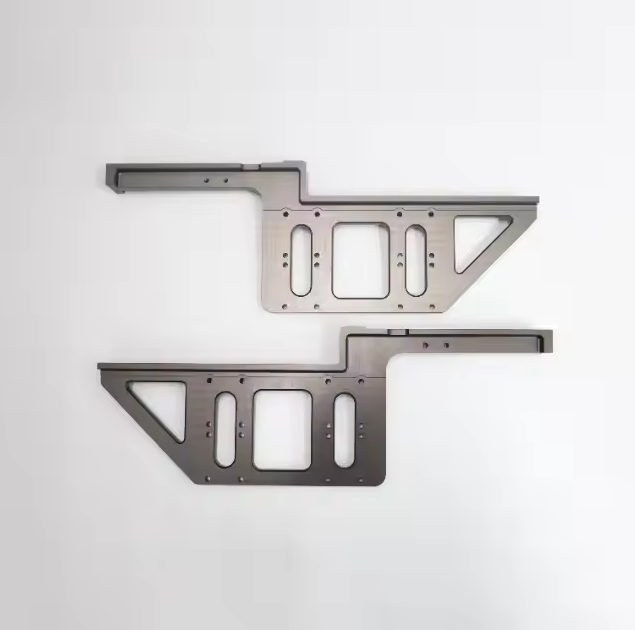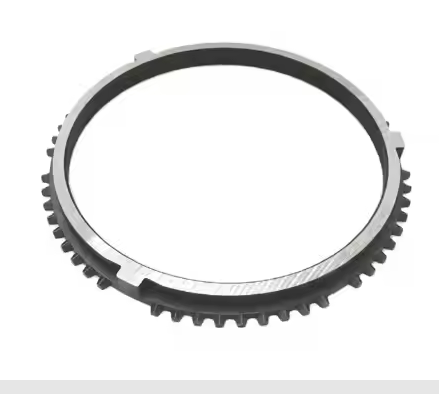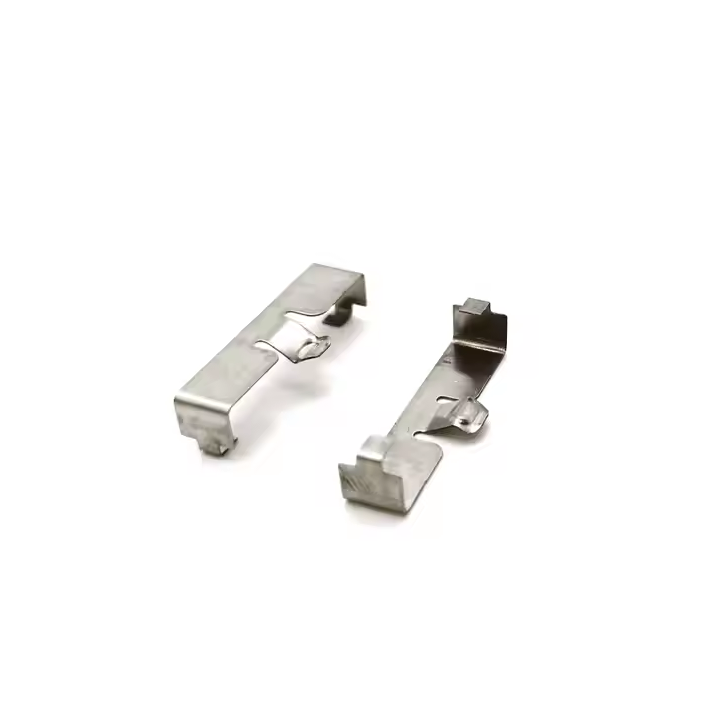As the world's attention to environmental protection and sustainable development continues to increase, electric vehicles (EVs), as clean energy transportation tools, are gradually becoming an important development trend in the automotive industry. At the same time, with the rapid expansion of the electric vehicle market, technological innovation and product optimization are also ongoing, especially in the design and manufacturing of automotive parts.
As an important component of electric vehicles, castings bear key structural functions and affect the strength, durability and overall performance of the vehicle. High-quality castings not only ensure the safety and stability of electric vehicles, but also play a vital role in improving energy efficiency and endurance. Therefore, the selection of suitable materials and advanced casting technology is one of the important factors in promoting the development of electric vehicles.
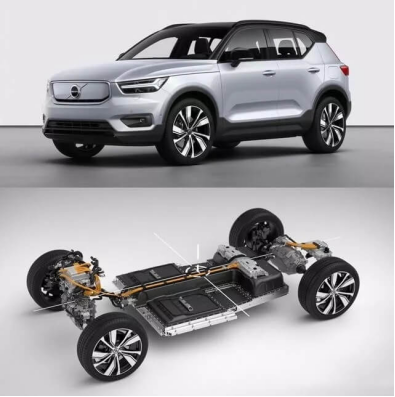
Materials for electric vehicle castings
Aluminum alloys
Aluminum alloys are commonly used in electric vehicle castings due to their excellent strength, lightness and corrosion resistance. It helps reduce the overall weight of the vehicle, improve energy efficiency and range.
Magnesium alloys
Magnesium alloys are lighter than aluminum, but relatively fragile and are often used in parts that need to be lighter and not subjected to excessive stress on the structure.
Iron-based alloys
Cast iron, for example, is heavier but still has its value in certain high-strength applications, such as components of drive motors and some chassis parts.
Common casting processes for electric vehicle castings
Sand casting
Traditional casting process, suitable for small batch production and parts with complex geometric shapes.
Precision casting
Used to manufacture castings with precise dimensions and smooth surfaces, suitable for some applications with high precision requirements.
Low-pressure casting
Injecting molten metal at low pressure, suitable for castings with large sizes and complex shapes, commonly used in aluminum alloy structural parts of electric vehicles.
High-pressure casting
Injecting molten metal into the mold at high pressure, suitable for batch production of castings with complex shapes, with high strength and good surface quality.
Application of electric vehicle castings
Castings for electric vehicles can be used in multiple parts, including:
Battery housing
Provides protection and structural support. The lightweight casting helps improve the endurance of electric vehicles.
Motor housing
Embedded motor components need to withstand certain mechanical loads and heat, so the performance requirements of the material are high.
Chassis components
Castings are often used in the chassis of electric vehicles to provide structural strength and protect internal components.
Suspension system
Castings provide good strength and rigidity in suspension components to ensure vehicle performance and safety.
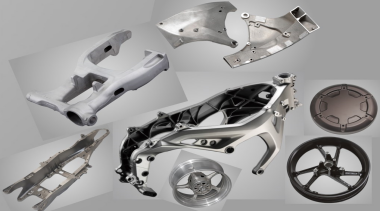
Future development trends
Lightweight design
As the demand for lightweight electric vehicles increases, castings will continue to develop towards structural optimization and the use of new lightweight alloys.
Material innovation
Develop new materials to improve the strength and corrosion resistance of castings, and improve service life and performance.
Smart manufacturing
Use advanced manufacturing technologies such as 3D printing and smart manufacturing systems to improve production efficiency and flexibility.
Environmentally friendly materials
With sustainable development in mind, more and more manufacturers are beginning to explore the use of recyclable materials and environmentally friendly casting processes.
Electric vehicle castings play a vital role in improving the performance and efficiency of electric vehicles. With the rapid development of the electric vehicle market, the design and manufacturing process of castings are also constantly innovating to meet the growing performance requirements and environmental standards. If you have more specific requirements or questions about electric vehicle castings, please feel free to contact Xuanmin!
